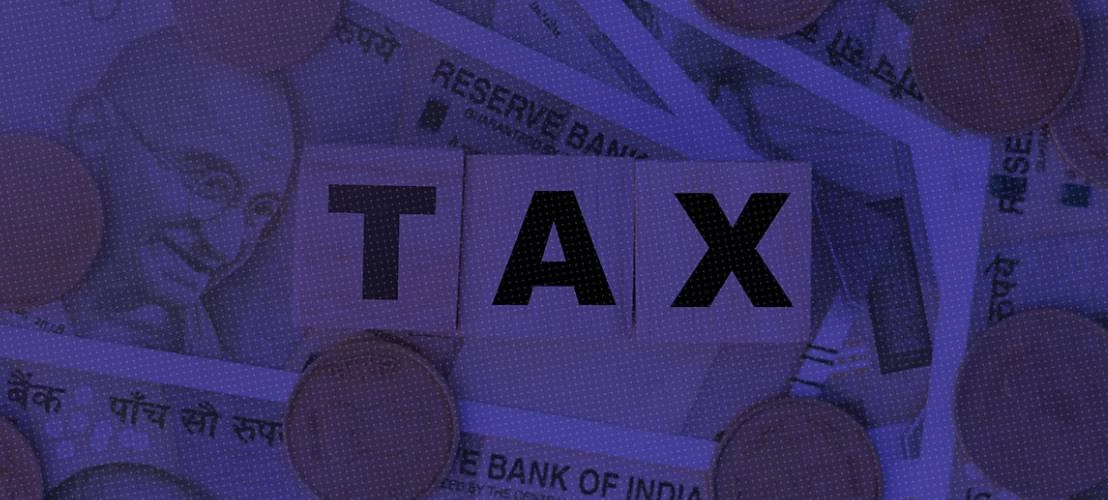The Gujarat High Court has set aside the demand from the successor entity in respect of the goods cleared during the period w.e.f. the appointed date till the scheme of demerger approved by the High Court, on which excise duty had already been deposited by the transferor/predecessor.
The Court in its Judgement dated 3 February 2022 was of the view that the appointed date is of no significance under the law till the final demerger order is received from the Court and filed with the ROC to give effect to the scheme. Observing that until the transfer as a result of demerger is completed, the liability of the transferor remains, the Court held that the transferor company continues to pay the tax, file returns as if there is no proposal for demerger as the case may be.
It noted the demand on the successor was raised on the very same dispatches on which same amount of excise duty had been duly discharged by the predecessor and that the demand of excise duty from the successor entity was exactly of the same amount as already paid by predecessor. It was hence of the view that the present case was a clear case of double taxation.
It also observed that the Central excise department is bound by the Order of High Court approving the scheme of demerger and that duty paid by the predecessor ought to have been adjusted against the central excise duty, if any payable by the successor. According to the Court, declining to do so, would lead to double taxation of the same transaction.
It may be noted that the High Court, while setting aside the show cause notice, also observed that this may not be a problem peculiar to the central excise law alone. According to the Court, this dispute can equally arise under the GST laws also.
Pre-show cause notice consultation is mandatory
The High Court in this case L and T Hydrocarbon Engineering Ltd. v. Union of India also held that pre-show cause notice consultation is required even in case originating from the intelligence gathered from the DGGI. The Court was of the view that merely because the case originated by investigation of DGGI, it will not bring the show cause notice within the ambit of offence/preventive related SCN.
It held that it was mandatory for the adjudicating authority to conduct the pre-show cause notice consultation and in absence of the same the present proceedings could be said to be bad in law and deserved to be quashed. The Court was also of the view that the case on hand by any stretch of imagination could not be described as an offence/preventive case whatsoever.
The Court, in this regard, took note of the CBIC Circular No. F.No.116/13/2020-CX-3 dated 11 November 2021 which had clarified that the exclusion from the pre-show cause notice consultation is case specific and not formation specific.
Writ petition against show cause notice when maintainable
Further, observing that in the case on hand, the facts were not in dispute and a pure question of law was to be decided based on the very averments made by the Respondent in the show cause notice, the High Court held that therefore the present writ application could be said to be maintainable.







